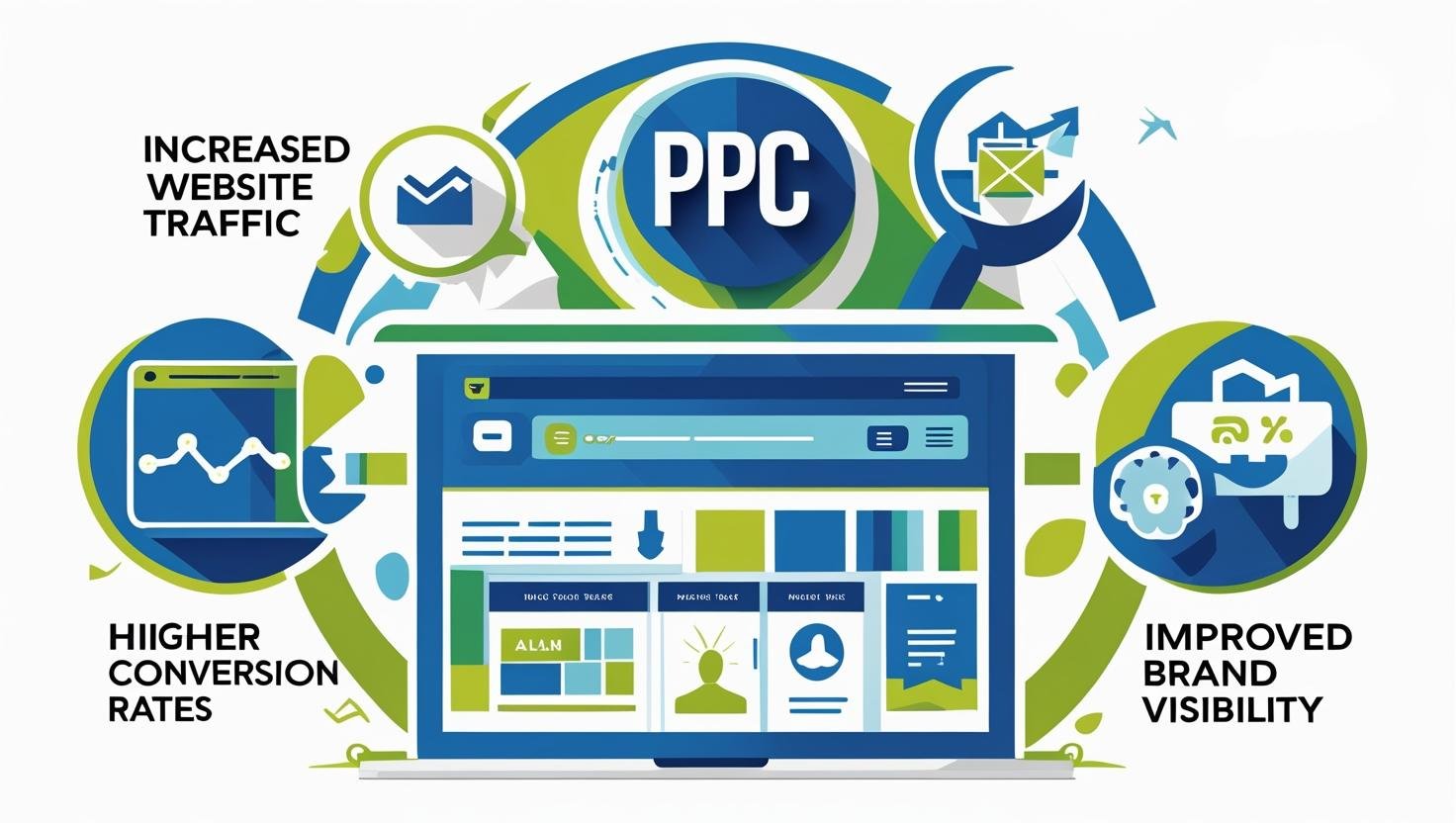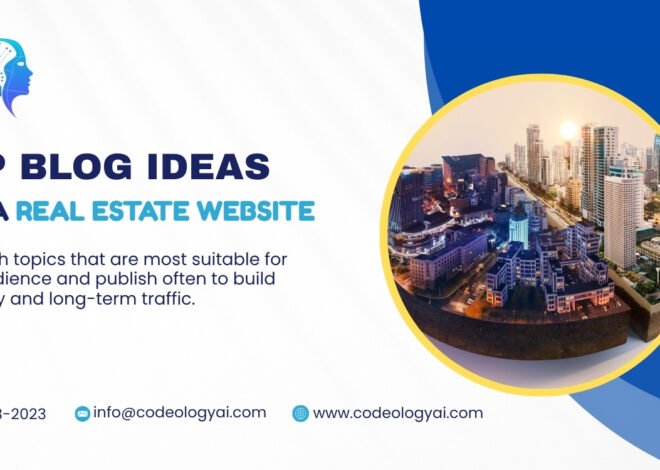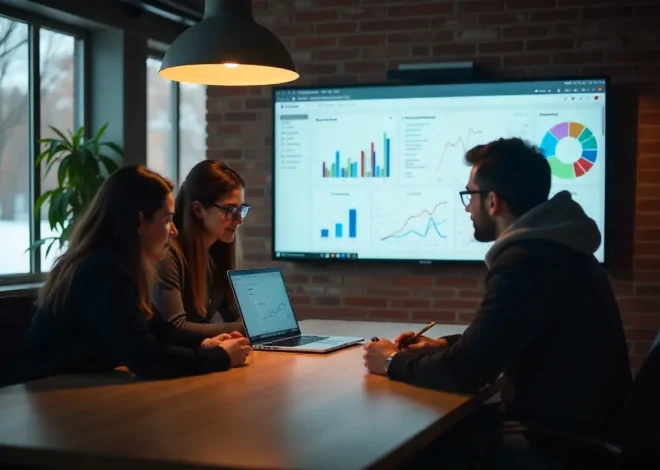
Step-by-Step Guide to Launching a Winning PPC Campaign for Small Businesses
Does it feel like you scream into the web every day, and yet nobody turns toward your brand? You have poured sweat into your product, and still, the people begging for it keep scrolling past your PPC Campaign.
That frustration is old news for small firms, but what if you could raise your hand and show up the instant your ideal buyer types Help? Paid ads offer exactly that window.
In 2025, a killer deal by itself rarely cuts through crowded feeds. Timelines overflow, and organic reach shrinks with every update. A smartly tuned PPC campaign flicks your message in front of buyers already searching, turning guesswork into focused spend. It’s not blind cash burning; it’s measured growth aimed straight at intent. Follow the simple steps below, and you’ll leave with a practical plan you can put into action tomorrow.
What do you understand by PPC, and why should you pay Attention?
Pay-per-click, or PPC for short, shows up in almost every marketing conversation these days, but what does it mean for the work you do day to day? Let’s cut the jargon and look at it in straightforward terms.
PPC Basics: How It Works
PPC quite literally means you pay only when someone clicks your ad, and that fact captures the idea perfectly. Instead of coughing up a flat fee weeks in advance, you spend a small amount each time a visitor taps the link and arrives on your site. Picture it as buying a single ticket to your web page, rather than crossing your fingers that free search traffic will show up by itself.
The two crowd-favorite styles are search ad links parked just above or beside the regular results on Google, and social ads like the Meta spots that sneak into Facebook and Instagram feeds. Pick the right keywords or the right audience group, then let the platform lift your message to the top the moment a match types or scrolls, and boom-it feels almost magical. Set everything up carefully, and that simple process can drive significant results.
The Local Advantage: Why PPC is a Game-Changer for Small Businesses

For a small, hometown shop, PPC shines. Because you pay only when a nearby searcher clicks, you can outsmart the huge marketing budgets of national chains and zero in on the street corners you already know. Someone searching for the best coffee shop in Greater Noida sees your name the instant the question leaves their fingers. That kind of fast, laser-focused spotlight is a gift that traditional ads, like flyers or billboards, can only wish for.
These seven straight-to-the-point perks explain why a PPC boost could lift your shop, salon, or repair crew today.
- Instant Spotlight: Good search-engine work takes weeks and a lot of nail-biting, yet pay-per-click can slam your ad onto the front row in only hours. Flip the switch, and your deal starts with customers almost before you finish typing.
- Spending Control: You set a daily or monthly ceiling, and the platform stops running ads as soon as it hits. You know exactly what you owe; lowering or raising the cap is quick, so surprise bills never happen.
- Laser-focused Audience: The engine shows your ad only to folks who match the crowd you draw up, whether by keyword, zip, or device. Choose block-wide, age-bracket, hobby-lovers-or even nudge yesterday’s clickers-and your message lands in the right inboxes.
- Quick Lead Boost: The point of PPC is dead simple; it pushes people to act. Whether you need more phone calls, filled-out forms, or instant sales, a tuned campaign turns casual clicks into solid leads.
- Measurable and Trackable Results: Every penny you spend on PPC can be traced from the moment it leaves your wallet to the moment a customer clicks, buys, and disappears into the ether with your product. Unlike a billboard, where you guess how many people glanced at your logo, online ads let you see ROI nitpicked down to the last cent.
- Brand Recognition: Sure, viewers can scroll past without tapping, but those fleeting glimpses add up. The steady parade of your logo quietly greases the wheels for every flyer, post, or radio jingle you launch later.
- Competitive Edge: Chances are your competitors have already set up shop on the same search pages you want. By firing up your own ads now, you elbow your brand into the spotlight beside them and keep the sales funnel wide open.
Finding Your Perfect Partner: Choosing a PPC Company in Greater Noida
Building a profitable pay-per-click campaign takes know-how, a sprinkle of testing, and more than just dumping cash on popular keywords. For many business owners, teaming up with a seasoned agency pulls results in quicker and beefier. So if you keep typing advertising firms near me into Google, here is a quick checklist to guide your hunt in Greater Noida.
The Key Ingredients in a Great PPC Agency
First up is honesty: they need to show you the plan, the fees, and why each line shows up on the bill. Next, real know-how matters, so look for proof- show me past work done for brands and budgets that are just like yours. Third, certified pros are a big plus, so ask to see their Google Ads badges and diplomas from other top hubs. Finally, regular, plain-language reports keep you in the loop without you squinting at monster spreadsheets.
We see every client as a partner. We don’t just launch your ads; we join your team, learn your goals, and chase results that really count. Our PPC plans fit your business like a custom suit.
Let’s Talk Money: Understanding Your Advertising Costs
The first question everyone has is, how much is this thing really going to cost me? Your final budget will shift based on a handful of key factors.
Key Factors Influencing PPC Costs
- Industry: In crowded fields where every brand bids hard, the cost per click climbs fast. Keywords: Search terms that show strong intent usually carry a premium price tag.
- Geographic Targeting: Running ads across the whole country always costs more than keeping them in just one city.
- Ad Quality: Google charges less per click when an ad really helps the person searching for something similar.
In Greater Noida, a tiny local PPC plan can start at only a few hundred rupees each month, yet carrying that same message coast to coast quickly pushes bills into the thousands. Begin with an amount you feel comfortable losing, then pump up the budget when the numbers prove you right.
Beyond Google: Tap the Advertising Power of Social Media
Pay-per-click is no longer limited to search engines. Facebook, Instagram, and other platforms let shops slide special offers in front of specific groups while they are still scrolling.
The Power of a Meta Ad
A Meta ad-fused Facebook and Instagram reach billions of profiles and packs razor-thin targeting tools. You can choose people by birthdays, hobbies, marital status, or even the new pet in their pictures. That level of control lets brands build tight-knit communities and chat with customers like neighbors instead of strangers.
Instagram Ad or Facebook Ad: Which Works Better?
That question pops up all the time, and the honest answer is simple- it hinges on who you want to speak to.
- Instagram ads are all about bold pictures, so they sparkle for brands chasing people under thirty-five. Think online shops, fashion labels, snack boxes, or any lifestyle good that grabs attention in a quick scroll.
- Facebook ads reach a much broader age pool and shine when you need traffic, email sign-ups, or buzz around local events.
- Often, the smartest move is to run both, because they sit side by side in Meta Ads Manager, sharing audiences, budgets, and learnings.
Are Your Ads Bringing Dollars? Measuring Your ROI
Launching a new campaign feels great, but hard numbers are what keep the team grounded. Here are simple steps to check how much cash your effort is returning.
The Numbers That Matter
- Click-Through Rate (CTR): This stat tells you what slice of viewers tapped the ad after spotting it. A rising CTR means your headline, photo, or video is hitting the right notes with that crowd.
- Cost Per Click (CPC): This figure shows what you shell out on average each time a visitor clicks your ad link. Naturally, you want the number to slide down while still pulling in solid traffic.
- Return on Ad Spend (ROAS): Lots of pros call this the golden egg. It counts the cash you rake in for every dollar you toss at ads; most aim for four-to-one, or four bucks back for each buck in.
Tools of the Trade
- Google Analytics: This heavy hitter shows what people do after they land on your site from the ad, letting you track visitor journeys.
- Google Ads and Meta Ads dashboards: Both platforms hand you quick reports that lay out clicks, spend, and how audiences interact.
- CRM Software: A solid system lets you track leads through the sales funnel and spot which paid clicks turn into real paying customers.
Ready to Launch? Your Journey Starts Now
Diving into paid online ads may feel intimidating at first, but it can be one of the quickest ways for a small business to attract attention and generate revenue. With a clear plan, a budget you can adhere to, and regular monitoring of numbers, your pay-per-click campaign can evolve into your most effective sales engine.
Start small, learn on the go, and pull in experts when the numbers turn foggy. The perfect customer is already searching for a solution; your sharp PPC ad just nudges them to your page instead of a rival’s.
What questions are still bouncing around in your head before we hit launch? Drop them in the comments or message the friendly CodeologyAI crew in Greater Noida for hands-on help.
Common Questions about PPC Campaigns
1. When will I see results from my PPC ads?
You can switch an ad on in minutes, but real, solid returns typically stroll in after two or three months, while we test, spot trends, and polish audience, bids, and headlines. That early phase is a mix of trial, data collection, and tweak-tweak-tweak until the campaign earns its keep.
2. Is it still possible to run a PPC campaign with a tiny budget?
Absolutely. One of pay-per-click’s best tricks is how loosely it grips your wallet. Start with just $5 or $10 a day, see what the numbers say, and let that early story decide if you pump in more cash.
3. What is the difference between SEO and PPC?
PPC buys quick hits by paying for each click, much like renting a highway billboard for a week; SEO, on the other hand, builds free, organic rankings over time by polishing the website, the way a property owner can post a sign that stays as long as they keep the land. Savvy brands blend both so they get fast visitors and long-lasting growth.
4. Do I need a website to run a PPC campaign?
Most paid ads send traffic to a landing page, but some formats, like Google call-only ads or lead forms on Facebook, start the chat without one. Even so, a clean, on-topic page that greets those visitors almost always bumps up conversion rates.



